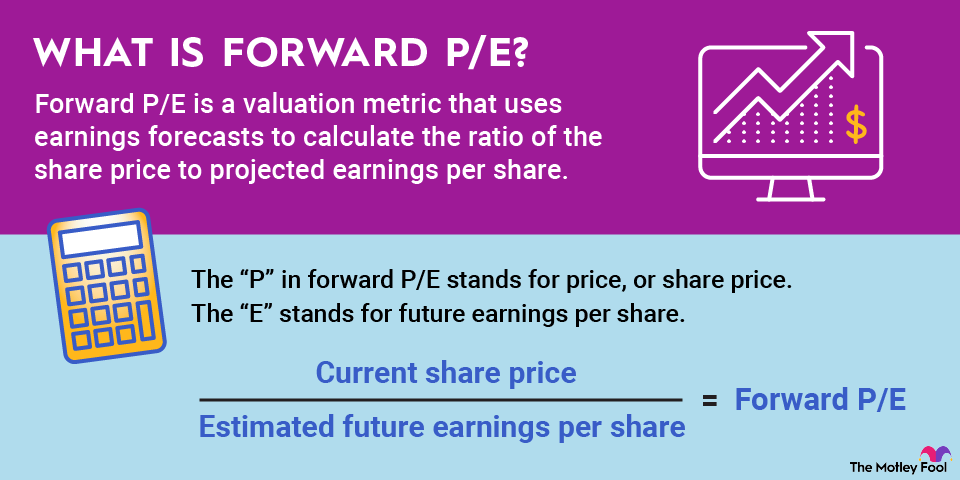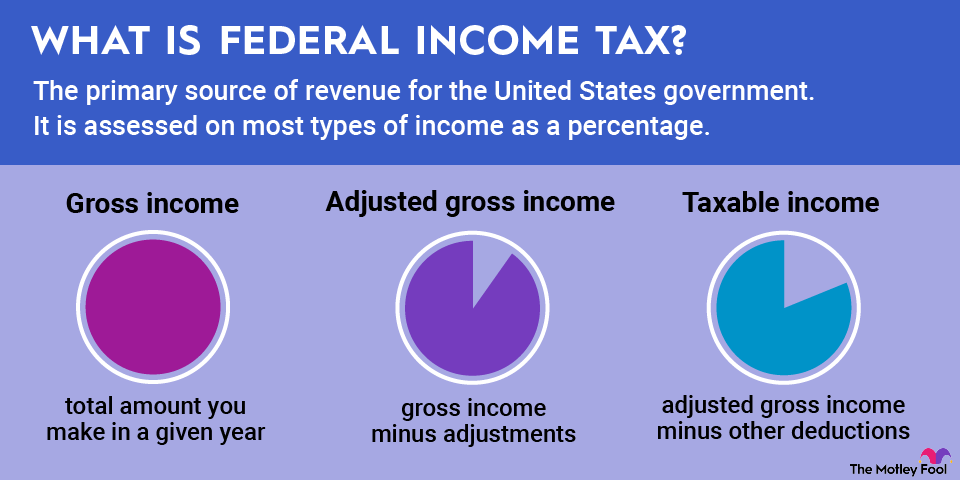By working and paying FICA taxes, you earn credits to qualify for Social Security benefits in retirement. You need 40 lifetime credits to qualify, and you earn up to four credits annually. That translates to 10 years of full-time work with FICA tax payments before you're eligible to receive Social Security.
Note that the Social Security taxes you pay are not set aside for you. Your paid taxes fund benefits for current beneficiaries. When you retire, the working population at that time should be funding your benefits.
The Medicare portion of FICA funds Medicare's hospital coverage, also known as Medicare Part A. You become eligible for Medicare Part A when you reach age 65.
The realities of Social Security and Medicare
Paying FICA taxes throughout your career, unfortunately, does not guarantee retirement or insurance benefits in your senior years. Official projections estimate funding shortfalls for Social Security and Medicare Part A in 2033 and 2031, respectively. Benefits won't stop in those years, but they will likely be reduced if no funding change is implemented.
Also, even if the funding issues are resolved, you may be disappointed by the value of these benefits. Social Security taken at full retirement age only replaces an average of 40% working income. High income earners will see a lower replacement rate, and low income earners should see a higher replacement rate. But no one realizes a 100% replacement rate from Social Security.
As for Medicare, the taxes fund hospital insurance only. The primary benefit is in-patient care. Medicare Part B helps pay for outpatient services like doctors' visits. You do pay a premium for Part B, which is normally deducted from your Social Security check.
The point is that paying FICA taxes is not an alternative to saving for retirement.




















